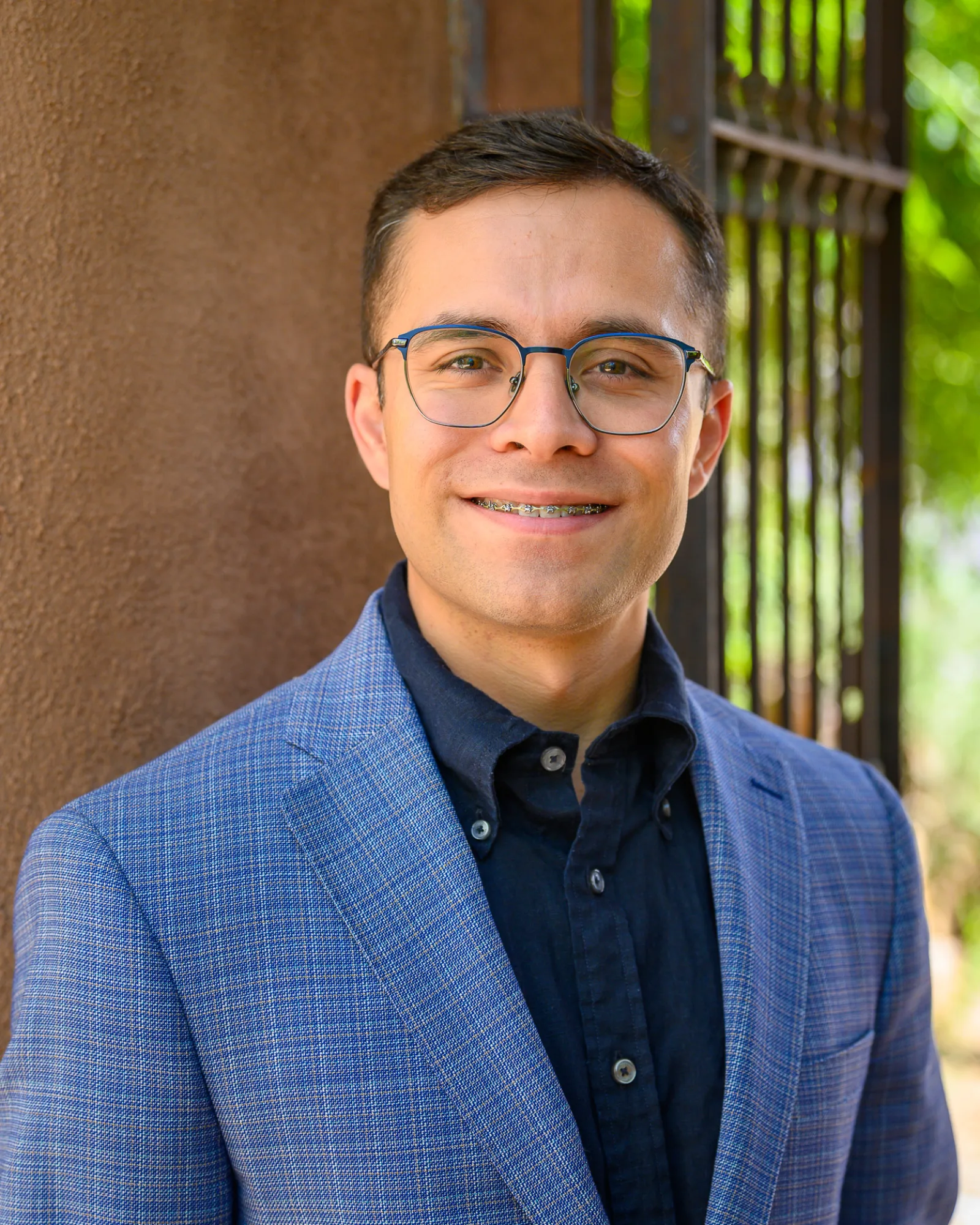Militants and Squatters, Ballot Boxes and Mao’s ‘Little Red Book’
Alberto Wilson, Assistant Professor of History, Texas Christian University
In 1972, several political and syndical movements erupted in Ciudad Juárez, Chihuahua’s western districts – home to primarily working-poor migrants – in response to the aggravating environmental and social pressures in the colonias and to the demeaning work conditions in the maquiladoras. These movements drew from a variety of political and economic ideologies, as well as social movement theory and action, demonstrating a working-class present in and theorizing its own creation. This chapter analyzes the different social movements and their leadership as they navigated and contested the tumultuous first decade of the maquiladora – export assembly plants – on the U.S.-Mexico border.
Commentator: Adam Goodman, University of Illinois Chicago
Register
This event is free, but all participants must register in advance. Space is limited, so please do not request a paper unless you plan to attend.
Register and Request PaperAbout the Labor History Seminar Series
This seminar provides a forum for works in progress that explore the history of working class people, communities, and culture; class and state policy; unions and popular political movements; and other related topics. The seminar’s co-sponsors are the history departments of DePaul University, Northwestern University, the University of Illinois at Chicago, University of Illinois at Urbana-Champaign, The Karla Scherer Center for the Study of American Culture at the University of Chicago, Loyola University Chicago, and the Labor and Working-Class History Association.
